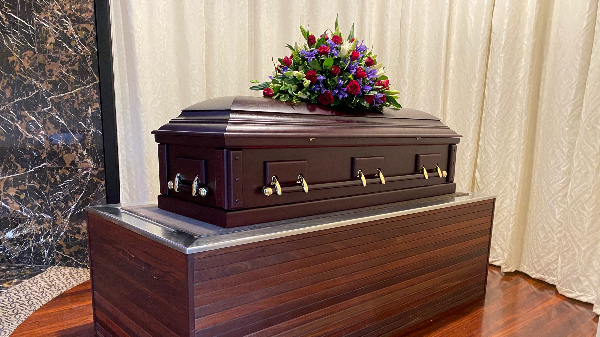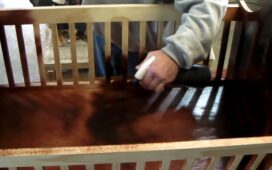A funeral home, also known as a funeral parlor, provides services that benefit the family of the deceased, including preparation of a funeral and wake service. Some homes also provide a chapel where the deceased may be buried. Other services offered at a funeral home include providing counseling for loved ones and organizing funeral services.
Embalming fees
Embalming is a process that takes place in funeral homes to preserve a deceased person’s body and make it more attractive for viewing at the funeral service. Embalming services vary in cost from around $400 to a few thousand dollars. Some funeral homes include embalming in their standard funeral packages, but you can always ask for a price list.
Although embalming is not required by law, it is generally recommended for certain funeral arrangements. For example, you may want to hold an open casket viewing and you would like to make sure the deceased’s appearance is as good as possible. However, if you’d prefer a private viewing, you can choose a non-embalmed service. The basic service fee includes the transfer of the deceased’s body to the funeral home, the services of the funeral director and staff, and the share of the funeral home’s overhead costs. You’ll also likely have to pay for an alternative container.
Transfer of remains fee
A transfer of remains fee is a fee charged to a funeral home for transporting a body for burial. This fee includes the cost of the body, dressing and transfer to the cemetery, and the services of a funeral director. It does not cover the cost of any additional items or services, burial vault, or clergy. The fee is payable directly to the funeral home by the customer, who is also legally responsible for the final bill.
While there is no set format for the statement, it must be provided in a concise manner. The funeral home must also provide a brief description of each casket and alternative container, as well as the cost of these items. These fees are not optional, and they are illegal. If a funeral home tries to charge an additional fee, it is best to refuse and take your business elsewhere.
Mortuary fees
There are several different kinds of funeral home fees. A basic arrangement fee covers the cost of staff, facilities, and equipment needed to complete funeral arrangements. This fee also covers the cost of holding the arrangement conference and obtaining necessary authorizations. This fee cannot be waived or deducted from the total amount due to make arrangements for direct burial or cremation.
Another fee that a funeral home can charge is for newspaper obituaries, which vary depending on how many lines the obituary has. It can cost less if the obituary is published in a smaller newspaper or online. While cremated remains do not require a special container, most people choose to purchase an urn. Some urns are engraved, and some are more costly than others. There are several options for urns, and many can be purchased at a local store. Other options include a headstone, which can include engraving, foundation, and installation.
Mortuary’s general price list
Under Federal Trade Commission regulations, mortuaries must provide a general price list for their funeral goods and services. This document is required for all people who ask about prices, including consumers. This includes competitors, government agencies, religious societies, and consumer groups. However, these lists do not have to be the same.
A general price list may differ from one mortuary to another. Before choosing one mortuary, consumers should compare price lists from different funeral homes. In addition to a mortuary’s general price list, consumers should also take a look at its casket prices. In many cases, casket prices vary from the base costs listed.
Cost of direct cremation
Direct cremation at a funeral home is typically less expensive than other types of cremation. Some funeral homes use their own equipment to perform the cremation process, while others contract with a third-party crematorium. The funeral home’s only role may be to transfer the body to the crematorium. However, it’s important to know what to expect from each provider. You should ask about their permits, certifications, and liability insurance.
A direct cremation can cost anywhere from $1,100 to $8,000 in New York City. However, in many smaller towns, direct cremation can be as low as $500. It’s best to get several quotes and ask family and friends for recommendations. Be sure to fully understand all the details of each quote, and whether it will include a memorial service or viewing.







